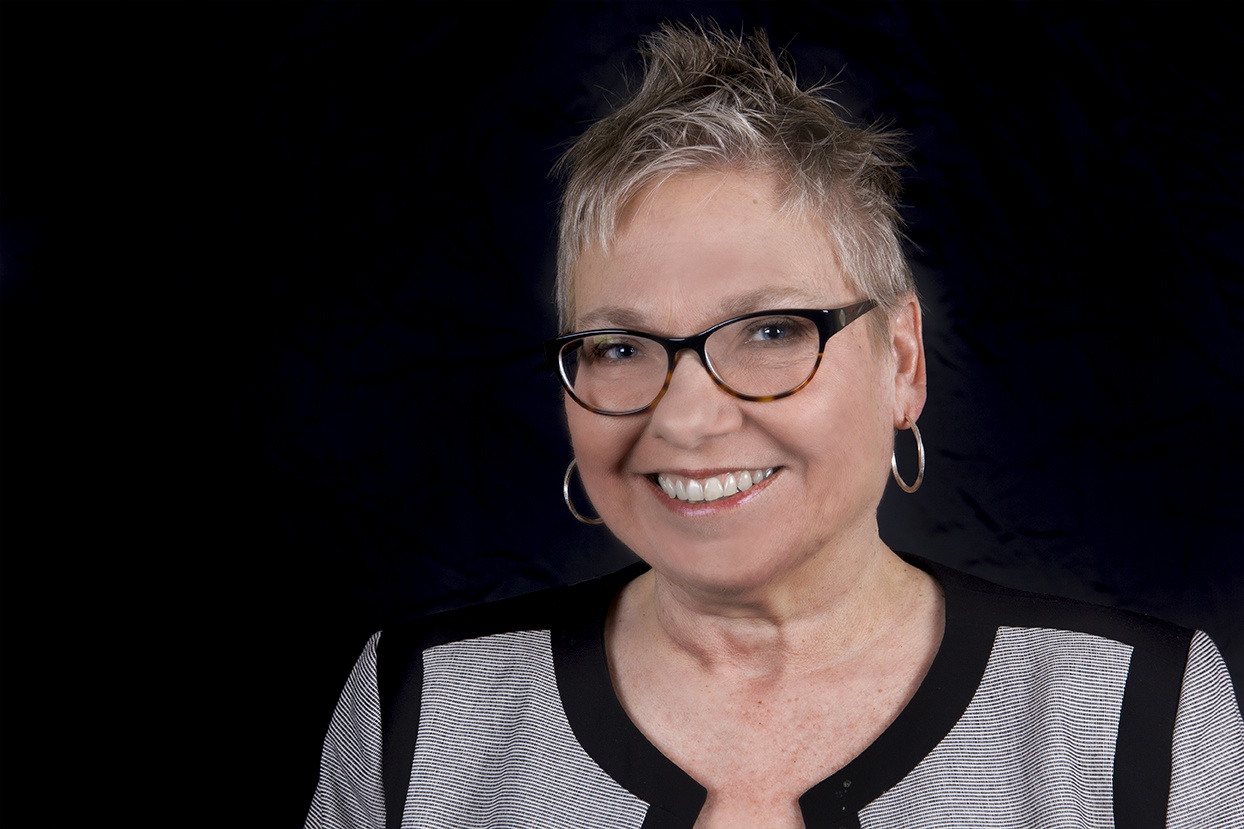When we asked retailers in our 40th annual survey what keeps you up at night, the most common response was online sales. Full results of the research, which drew a record number of responses, will be shared in our March issue.
When Amazon announced it was acquiring Whole Foods Market in June, the aftershock extended well beyond the natural products industry into the entire supermarket category. That’s why Jeff Bezos is our Person of the Year. Amazon is making everyone wake up and the company embodies its founder. Whether you love him or hate him, it’s useful to understand how Bezos thinks and operates.
Let me share some direct experience with the Bezos Effect. From 1998 – 2000, while Amazon was ramping up and advertising itself as the world’s largest bookstore, I worked as an editorial merchandiser at Barnesandnoble.com.
Len Riggio, the founder of Barnes & Noble Booksellers, had been disrupting the publishing industry himself for several decades, but was late to online selling. BN.com was a startup inside a legacy company — forced to contend with an old-fashioned database and too short-sighted to tap into its national network of stores. (B&N had sales tax implications Amazon did not face.)
Much to the consternation of Riggio and his brother Steve, who oversaw “dot.com,” Amazon ran circles around us because of its agility, technical prowess and “customer obsession.” We would pull our hair out when Amazon beat us to the punch at moves we knew made sense — things like simple cross-merchandising. Preparation to unveil the newest Oprah Book Club pick the instant it was announced — always a winner — required orchestration with a dozen people, as I recall.
Easy access and creative thinking about its sales data allowed Amazon to create popular features such as up-to-date bestseller lists and book rankings for every title it sold.
Yet while Bezos is a reader (his favorite novel is “The Remains of the Day” by Kazuo Ishiguro), books were just a category to the former hedge fund analyst. Today, they’re almost an afterthought, although Amazon’s self-publishing platform continues to grow. Ironically, as Barnes & Noble closes stores, Amazon opens highly curated brick-and-mortar operations.
The Barnes & Noble story reminds me a bit of Whole Foods Market. John Mackey, a strong personality of a different sort, also changed the industry and gobbled up smaller independents over the years to become a vital distribution point for brands.
Amazon.com has a lot to learn about selling and delivering food. Whole Foods Market has a lot to learn about technology and efficiencies (and maybe even the entry of robotics). What will the human cost be?
Whatever happens, expect more change, and at a faster pace than you are used to. The industry is now functioning on Amazon time.
Laurie Petersen
 Editor-in-Chief
Editor-in-ChiefPublished in WholeFoods Magazine December 2017










